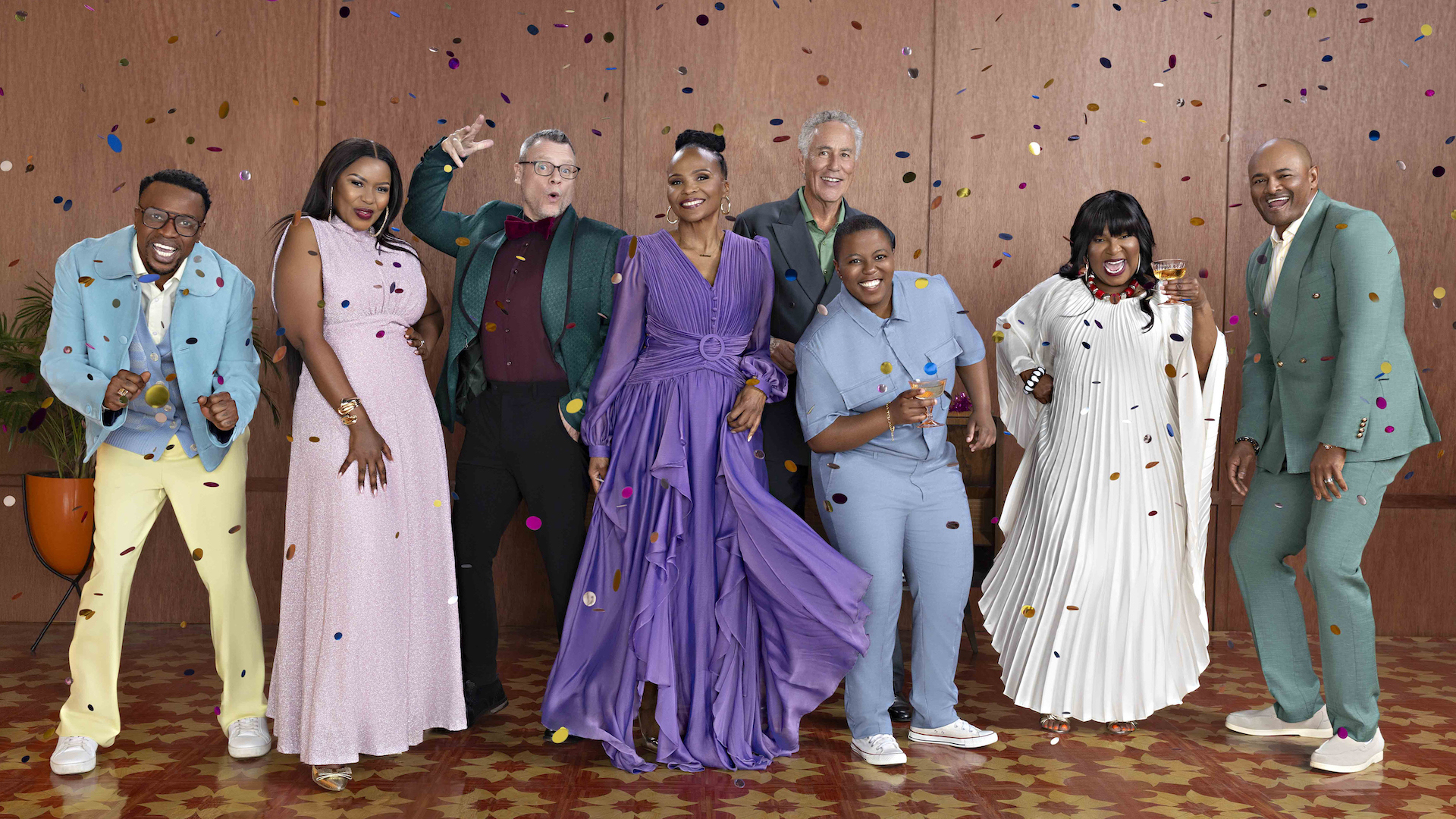Doreen Morris: Lessons from a life on screen
Doreen Morris takes us on a DStv Open Time flashback. Read about the early days of South African TV, and what’s changed since then.

As South Africa’s first black TV anchor, Doreen Morris smashed barriers from her first days on TV. She was one of the first to join M-Net, bringing her poise and sparkle to the earliest days of pay TV in South Africa. But she’s perhaps best known to viewers as the longtime host of Carte Blanche, a chair she sat in for seven years.
Meanwhile, she’s built a profile as a businesswoman and producer, and is still a well-known name in the TV industry. To celebrate DStv’s 30th anniversary and Open Time weekend on 7-9 November, we chatted to Doreen about what’s changed in the world of TV since she first stepped into the spotlight.
Read more about DStv Open Time, what to watch, and how to tune in on 7-9 November.
What is different about television, then and now?
I don’t know how they do it these days, in this 24-hour always-on, interconnected world. We had the luxury of time – we could actually have conversations. You knew Sunday newspapers had their deadline on a Thursday at 12 o’clock, so you had the whole week. There wasn’t an every day edition of everything.
Now, you have to think of everything: you want this for radio; you want this for online; you want this for social media – and there are four different kinds of social media – and each one must have a different angle. I don’t think I would have coped with that. I was both in public relations and television at the same time. From that perspective I wouldn’t have been able to cope with being on TV and having everyone have an input on what I’m saying, and my life, in real time.
So yes, we had time, we could plan things – you could literally sleep on things and come back with a response the next day. You didn’t have to come up with something on the spot for fear of someone beating you to it, or getting the wrong message out there. We weren’t always trying to be ahead of a story.
What are some of the practical lessons you learned at DStv that you still apply at your own production company, Blue Zone Media (and before that, as the owner of Red Line Pictures)?
The one thing that I always remember is to be thorough in your planning, to be very detailed ,and to follow up. I still do checklists – I check ahead of time that things are done, and I always make sure to “measure twice, cut once”, as they say.
One of the things we learned from Koos (Bekker) – and this goes back even further than DStv – if we were having important guests for lunch at M-Net, we would have a dry run of everything – even the lunch the day before the lunch. Cook the food, set the table, plan how long it takes for each course to be served, how long it takes to clear – that's the kind of thoroughness and attention to detail that was demanded.



